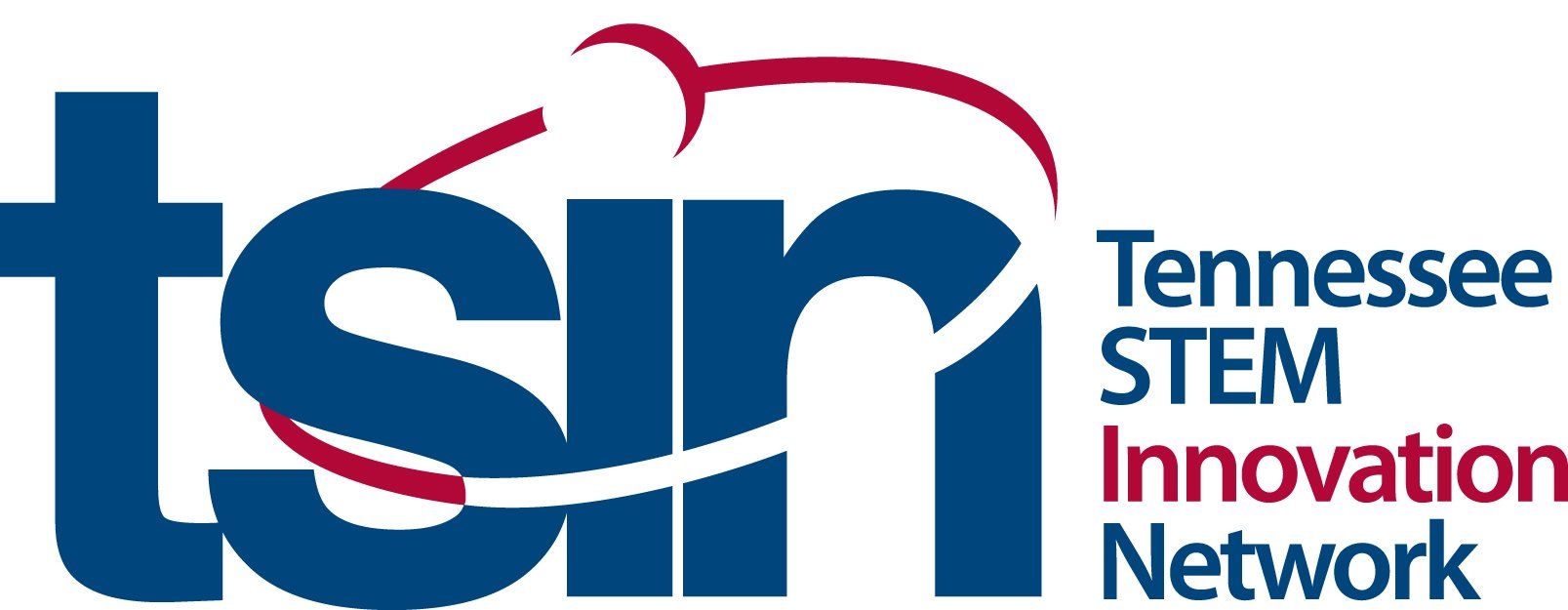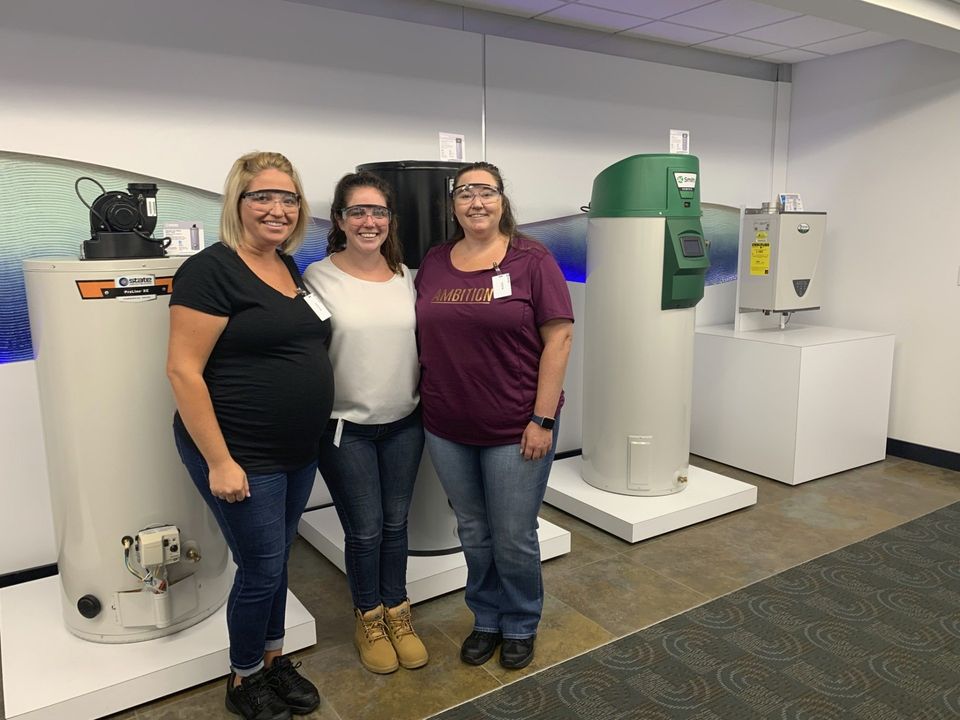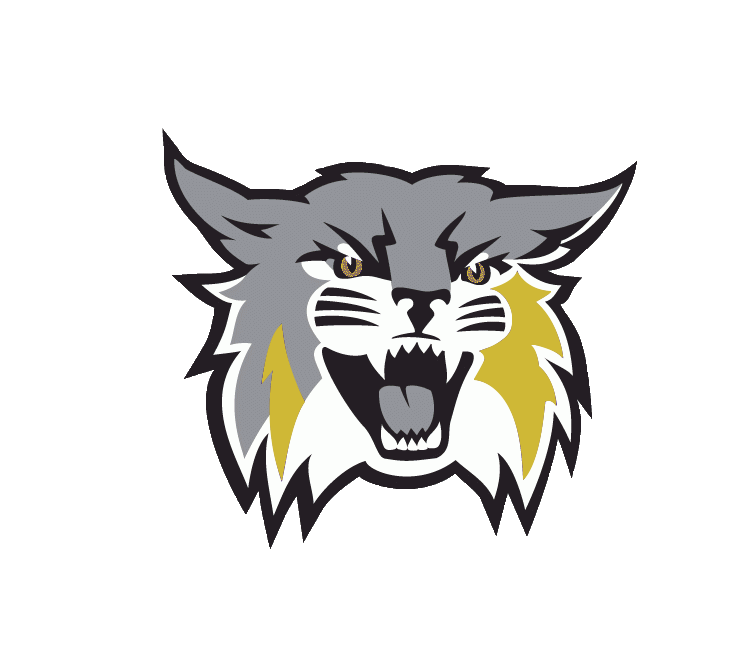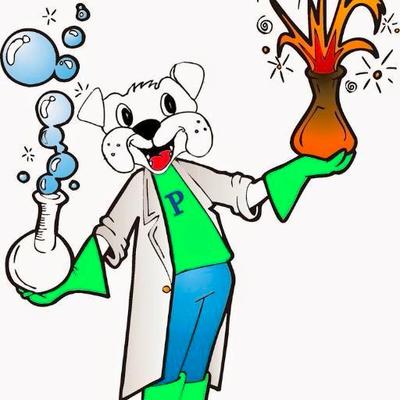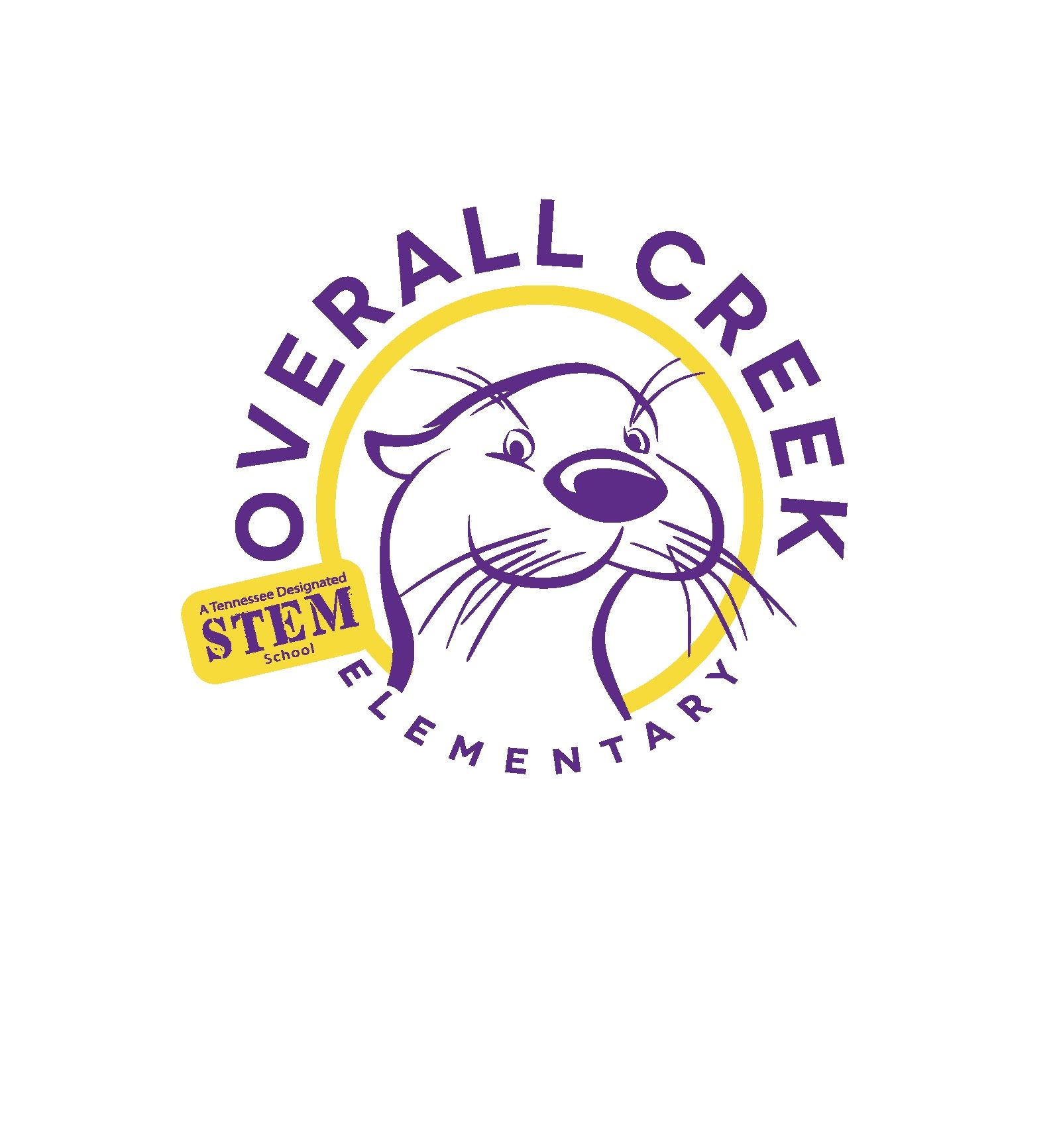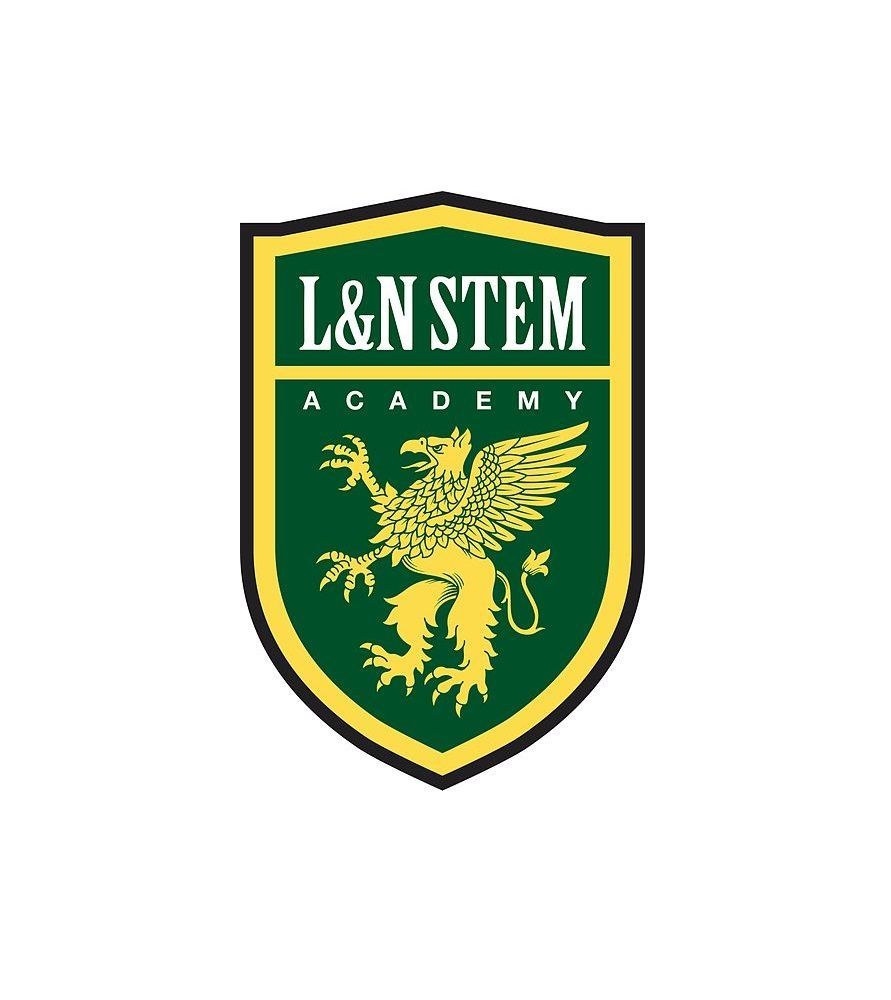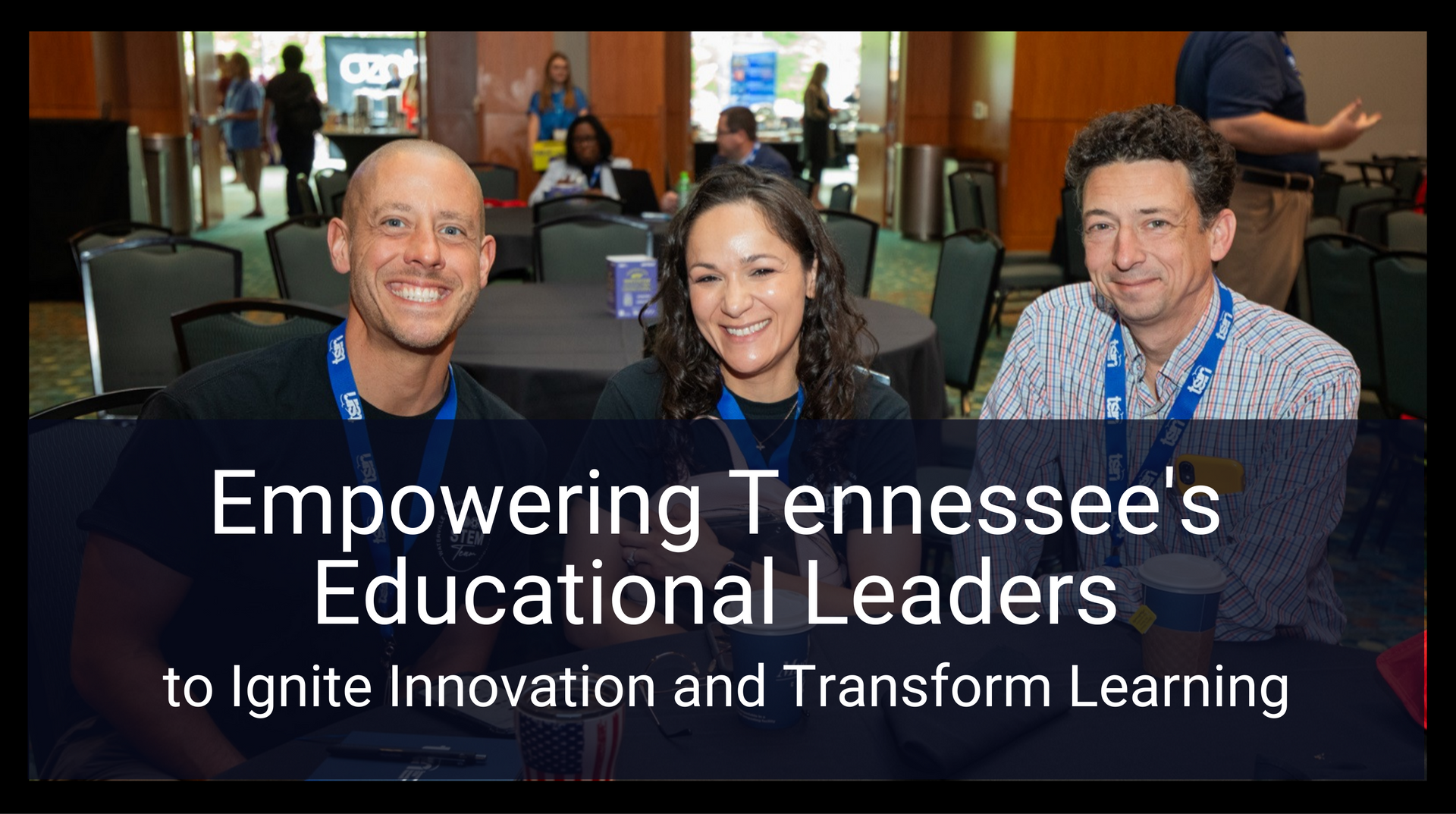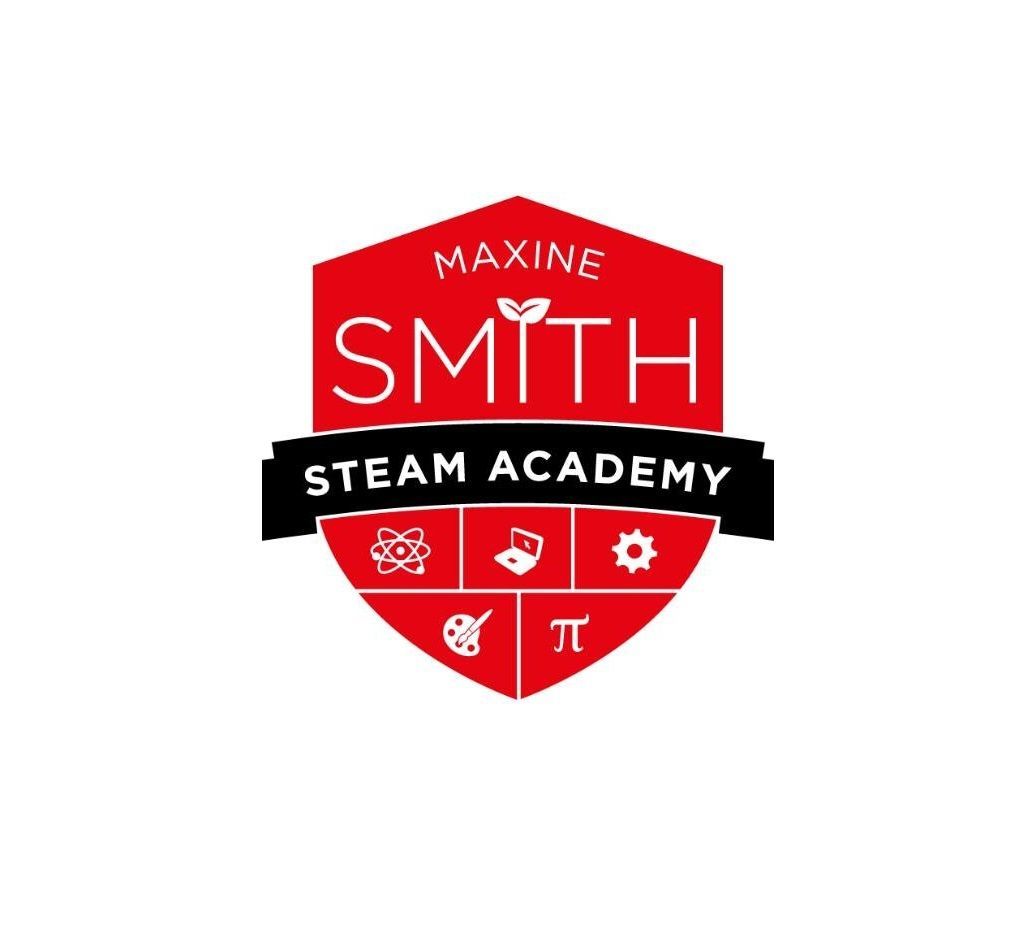Educator Externships Bring STEM Careers to TN Classrooms
In summer 2019, Kristen McQueen and Carlee Darnell from Ashland City Elementary spent 3 days at AO Smith through TSIN's MEEP Program. While on site, Kristen and Carlee learned about industry skills, habits, and career opportunities. They then developed curricular units to pilot with their students. In celebration of #EngineersWeek2020, we interviewed Kristen and Carlee about their experience with the program.
Q: What is your school’s educational philosophy and how did the MEEP
program support your goals?
Kristin: STEM is an essential attribute that helps shape our students into future innovators. I don’t just teach STEM, I facilitate STEM. I watch the learning unfold through the students. They are the ones imagining, collaborating, innovating, and inspiring me. It is my hope that when they leave my class, they are ready to enter the future workforce with newly developed 21st century skills and a wealth of STEM career exposure.
Carlee: By completing this externship we
were able to get a better insight on how 21st century careers use STEM skills in their everyday. We are able to use the knowledge that we
learned from that experience to teach our students rigorous ways that STEM habits could be help them be successful in the future.
Q: How did you hear about MEEP? Why did you decide to take part, and how did you think it would make you better educators?
Kristin: I have been partnering with the Tennessee STEM Innovation Network (TSIN) since I started the STEM program at ACES. I have participated in the Tennessee Rural STEM Collaborative and Statewide Design Challenge , and I am currently a part of the Innovative Leaders Institute cohort for the 2019-2020 school year. So I am pretty well-versed in TSIN opportunities!
Naturally,
when the MEEP opportunity arose, I was immediately intrigued knowing that there
was already a willing manufacturing partner right across the street from our school.
I am continually looking for better ways to provide work-based learning
opportunities for my students but there can be safety and logistical challenges in bringing students to places of work.
I thought: if I can’t take my students there, I can take myself there! I wanted to
participate not only to show my students that I am continually learning as an
educator, but also to open their eyes into a real-world manufacturing career and
make connections to our local community.
Q: What did you do while on-site at AO Smith?
Kristin: We spent three days there exploring the plant and learning from company experts. While on site, we were taken through a history of the company and how it started and the different focus areas throughout the years. We then went through a rigorous safety protocol before entering the main floor. While on the main floor we were given a tour of every station and walked through each process in the making of a water heater.
We met with an environmental engineer who gave us a tour of A.O. Smith’s water treatment plant before sitting down with the robotics engineering team. Portions of the assembly line are operated by robots, so it was really cool to get to code and watch it work.
We also met
with the company’s human resource chair, and we learned the qualities the
company looks for when hiring employees. We were able to share these qualities with our students to show the relevance of the STEM learning in front of them.
Q: What did you learn during this
externship that would make you a better educator?
Carlee: This
externship made me, as an educator, get a better understanding of how many
careers use STEM skills everday. Whether it
is related to coding, robotics, or engineering, many local businesses are
using many of the skills that we teach through STEM to complete their daily
tasks.
Q: How did you use the externship experience in your classroom?
Kristin: I choose to focus on the company’s water treatment plant and turn it into a real-world problem for my students. I created a scenario that our local river had been contaminated, and they needed to design and build a water filtration system to clean up the dirty water.
The students
researched the importance of access to clean water. They then collected samples of different types of water (pond,
rain and filtered) and tested the pH levels of each. After that, they began
designing their water filtration system using recycled products.
Q: What advice would you give other educators
who might want to try this externship?
Carlee: If other educators were considering this externship I would highly recommend it. Being able to go “behind the scenes" of a local STEM industry will help you make authentic curricular connections between STEM and the workforce.
***********************************************************************************************************************************************
TSIN is currently accepting applications from educators to participate in MEEP for summer 2020. Learn more and apply today!
